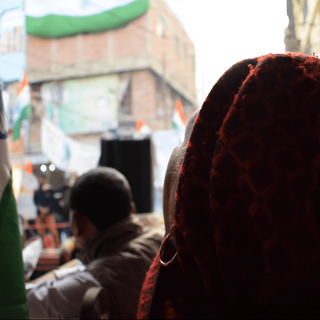Argentina looks likely to become the largest country in Latin America to legalize abortion, with its president, Alberto Fernández, promising to present a legalization bill to the country’s congress within 10 days.
“The State must protect its citizens in general and women in particular,” Fernández said in his first annual address to congress. “Society in the 21st century needs to respect the individual choice of its members to freely decide about their bodies.”
It is likely the bill will seek to legalize elective abortion within the first 14 weeks of pregnancy, reports Al Jazeera, a measure that has the backing of the Argentine feminist movement.
If passed, Argentina would become only the third country in the highly Roman Catholic region to provide abortion rights to its women citizens; abortion is already legal in Cuba, Uruguay, and Guyana, which is predominately Anglican, rather than Catholic. The Argentine bill would roughly triple the number of individuals in the region who have abortion rights.
Five of the other 17 countries in Latin America ban abortion outright, with no exceptions. In Argentina, as in the 12 remaining countries of Latin America, the current law allows abortion access only in cases of rape or cases wherein pregnancy endangers the life of the pregnant woman. The legal exceptions often remain theoretical, rather than accessible, in practice, however, and the rate of illegal abortion remains high: one every 90 seconds, reported The Guardian last year. Illegal abortions are currently punishable with up to four years in prison in Argentina.
Related on The Swaddle:
India’s Abortion Laws: How Far They’ve Come, and How Far They Still Have to Go
The passage of the new bill to expand abortion rights looks promising; in 2018, a similar measure lost by a narrow margin. In the intervening time, Argentina has seen mass rallies in favor of legalized abortion spurred by a 2019 case when authorities ignored repeated requests for an abortion from an 11-year-old girl who had become pregnant after being raped. The child was forced to endure 23 weeks of pregnancy and delivery via a C-section, despite the exceptions provided under the current law.
“We are very happy; today is a historic day,” Ana Correa, a writer and women’s rights activist, told The Guardian. “The decriminalization and legalization of abortion is finally within reach. Let’s hope that congress is up to the role assigned to it.”




